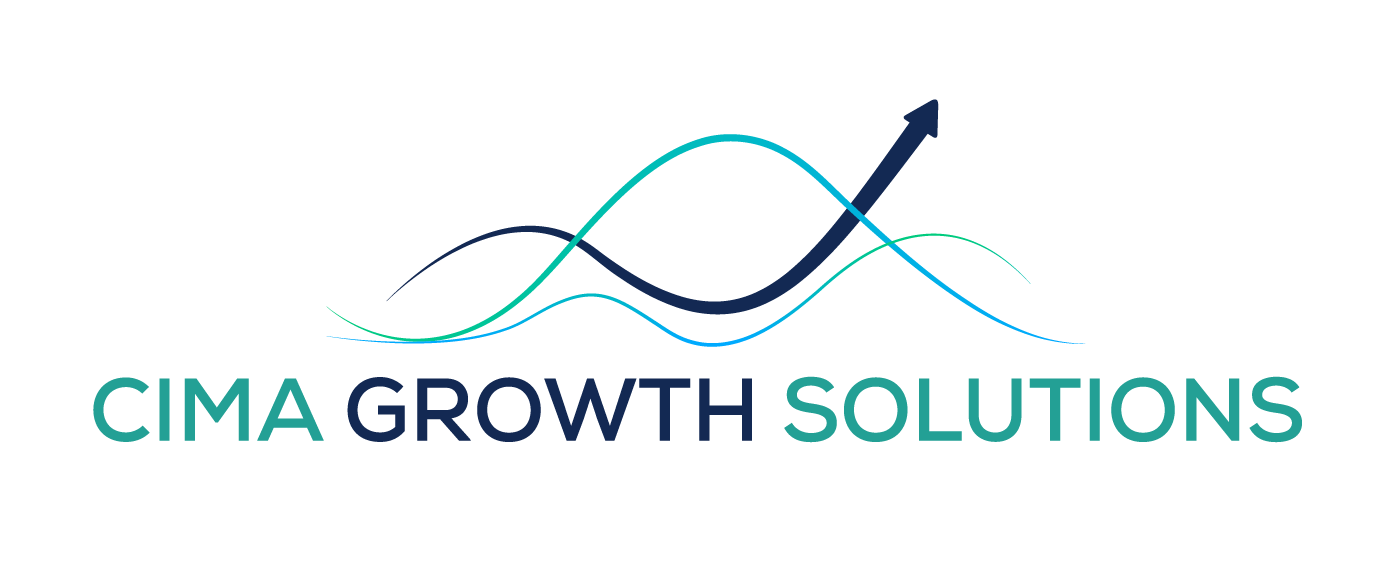
The Cima Growth System
We make it EASY for clinics to double their patient volume in 90 Days with our ALL-IN-ONE digital marketing and growth system without wasting valuable staff time and money executing unreliable strategies!

The Cima Growth System:
Double Your Patient Volume
in 90 Days with our all in one digital marketing and growth system...Without Wasting Valuable Staff Time and Money Executing Unreliable Strategies

Join clinics across the world just like you, that are using these powerful tools to get unprecedented results:

Speed
Double Your Speed to Capturing Leads
Immediately get more people finding you online AND stop missing out on conversations! Streamline all your communication in one place so that you can double your speed to lead and fill your pipeline!
Automatic Nurturing
Nurture Your Leads Automatically
Get up to an 80% response rate from your leads and customers with our powerful automation campaigns that interact across multiple channels, powered by our AI System, trained on your practice.


Cima's AI Conversion System
Instantly Fill Your Calendar
Say goodbye to missed sales opportunities, and stop wasting time on tedious, repetitive tasks. Feel confident that your customers are being taken care of 24/7.
Unlike hiring a receptionist or paying a full-time employee, our AI Bot and System, trained on YOUR practice, generates predictable results, void of human error.
Patient Journey
Automate The Patient Journey
Completely customized and automate your patients' journeys and experience with your practice, in order to deliver perfect and consistent patient experiences, and save your staff an immense amount of time previously spent on repetitive tasks.


Industry Leading Database Reactivation
Keep Customers Coming Back
Repeatedly and consistently get patients coming back with automated, proven Database Reactivation campaigns. Your patient database is a treasure trove of recurring revenue, and our system automates the generation of that revenue.
Create new, irresistible offers every month.
Exponentially Grow with Referrals
Get New Referrals Automatically
Referrals are one of the most powerful ways to grow your business, because it delivers customers that already fit your ideal customer profile. Cima's automated referral system will exponentially grow your business, organically!


Reviews and Response
Automate the Google and Facebook Review Process
Automatically obtain and respond to online reviews and the perfect time, all from within the Summit All-in-One Clinic Growth System Platform.
THEN DO IT ALL AGAIN. AUTOMATICALLY. AND WATCH YOUR CLINIC GROW!
What's Included in the Cima Growth System?
Full HIPAA Compliant CRM with No Limit on Users or Contacts
Unlimited Customization of Contact and Company Records and Fields
Sales Forecasting Pipeline Creation
Calendar Integration and Link Creation
Service Based Calendars to Manage Services, Rooms, Staff, Equipment and More
Email Marketing Suite
Social Media Posting and Management
Creation of Online Courses and Membership Communities
2 Way SMS Messaging
Facebook, Instagram, GMB Chat
WebChat Widget
Fully Integrated AI System for Content Creation and More
Custom Built AI Chat Bot to Convert More Leads
Payment Management System
Proposals and Estimate Creator
Form and Survey Creation Tools
Unlimited Funnel, Landing Page and Website Builder
Blog Creation
Integration with Shopify to automate your eCommerce processes
Unlimited Powerful Automation Creation
Mobile App for iPhone and Android
Automated nurturing of leads with SMS and Email
Reputation Management with AI Powered Review Responses
Facebook and Google Ads Integration and Ads Creation Tools
Affiliate and Sales Team Management
Robust Reporting and Analytics
Seamless Integration With 2000+ Tools
Integrate Our All-in-One Clinic Growth System with Tools You Already Love
With Our Custom Integrations!
Join Our Global Family of Customers!
Join Our Global Family of Customers!

Brandon and his team at Cima Growth Solutions have gone above and beyond to make our business grow exponentially in such a short amount of time. Their ability to provide personal and continuous support has been life changing for our company. Their expertise in the clinical and Healthcare arena has allowed us to target our audience in a very strategic and effective manner. Brandon can quite possibly be the smartest person we have ever worked with. He works tirelessly to make sure we are seeing results and most importantly Brandon is genuinely in this line of work to save lives in the clinical setting and he uses his genius expertise in marketing to accomplish this. It is an honor and our greatest pleasure to work with Brandon at Cima Growth Solutions.

Suzie Robertson
Chambers Clinic

This growth platform for clinics incredible. The platform is easy to use and has a wealth of resources and tools that have helped us exponentially. The marketing automation features are especially helpful, and the analytics dashboard provides valuable insights into what's working and what's not. The Cima team is also top-notch. The team behind the platform is incredibly responsive and always willing to go the extra mile. If you're looking to take your clinic to the next level, this is the platform for you. Highly recommend!

Shalistar Young
American Embryo Adoption Agency

Brandon is absolutely one of a kind and a major game changer for our practice. His expertise in our field is remarkable and he’s always very delightful and engaging with us all. I highly recommend you use his services to support your own professional growth!

Jayme Bess
Center for Reproduction and Gynecology
Cima's Healthcare Marketing Blog

What I Learned About Listening to Customer Needs
Listening to customer needs, and potential customer needs is the single most important thing you can do in your business…no matter what your business type is. I’ve found that over my career, in every... ...more
Marketing
October 27, 2023•3 min read

The Power of YouTube in Healthcare Marketing: A Comprehensive Guide
In the age of digital media, effective communication has shifted from traditional avenues to online platforms. One such platform, YouTube, has rapidly grown to become the second largest search engine ... ...more
Marketing
June 26, 2023•2 min read

The Best Healthcare Marketing Strategies
In today's rapidly evolving healthcare landscape, it is essential for healthcare providers to adopt effective marketing strategies to attract and retain patients, as well as promote their services. ...more
Marketing
May 22, 2023•6 min read

5 Supplements That You Must Take Now (and Are Recommended by Naturopathic Doctors)
Incorporating supplements into your diet can be an effective way to boost overall health and wellbeing. From Vitamin C to Omega-3 fatty acids, a wide range of supplements are available to help support... ...more
Health
January 23, 2023•6 min read

Health and Wellness Marketing: A Report on the Health and Wellness Industry’s Marketing Trends in 2023
Healthcare marketing is evolving rapidly, just like the actual health care and wellness market, and it is essential to stay up-to-date on the latest trends and techniques. Today, personalization, aut... ...more
Marketing
January 23, 2023•15 min read

Becoming a Natural Medicine Doctor: Why Naturopathic Medicine Education Promotes Global Health
Becoming a Naturopath is an incredibly rewarding career path that has become increasingly popular in recent years. But, like all medical positions, it can be difficult to become one and take a long ti... ...more
Marketing
January 11, 2023•3 min read
Frequently Asked Questions
What Kind of Support Do You Provide?
Support is at the heart of everything we do so supporting you and your business is our top priority. We offer 24/7 email support as well as an easy-to-navigate comprehensive tutorial library for quick answers to your questions.
How Do I Get Started?
Sign up for a demo and see how easy our platform makes business management. We hope you'll join us once you see how we can boost your business.
How Secure Is My Customer Data?
In 2024, data privacy and security are every company's obligation. That's why we ensure compliance with all governing laws and regulations, as well as provide extra protection against security breaches.
How Does Your Automation Work?
We provide comprehensive automation that will execute and automate workflows across your high-value business processes. Our smart campaigns will put SMS, Email, Web Chat, Phone Calls, and Calendar Appointments on autopilot.
Can I Cancel My Account at Any Time?
You can cancel at any time. No need to worry about obligations or contracts.
What Platform Do You Integrate With?
Our integration spans across multiple platforms for simple and seamless automation. For non-native integrations, we use Zapier to automate between over 2000 other applications with ease.